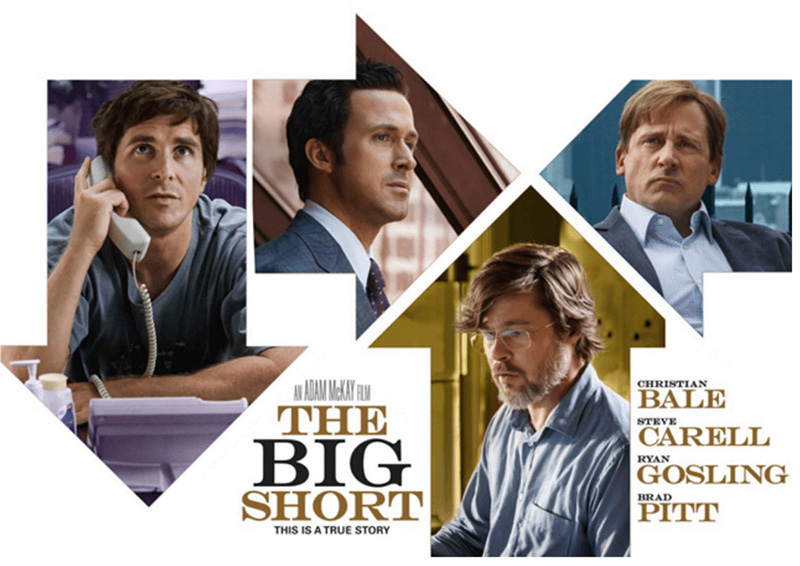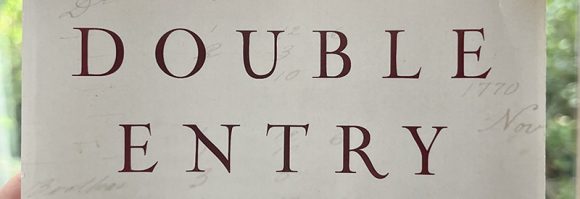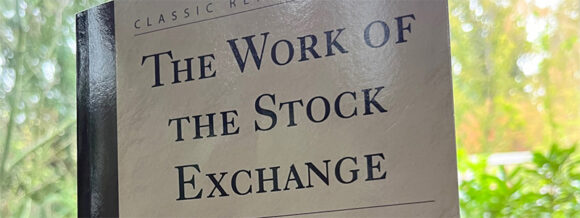
Halfway through reading The Big Short, I’m stuck wondering how after trillions of dollars of damage to the financial system, not only did no one go to jail, but no one was even brought in front of a jury.
I think I figured out why.
To explain, I have to go back to Adam Smith and The Wealth of Nations. Smith’s core argument is that the amazingly efficient system later dubbed Capitalism emerges from everyone’s selfish actions. It works not because anyone designed it to work. It works despite no one being in charge, and no one having any power to sway the whole system.
When economists and others point out the flaws of Capitalism, e.g. monopolies, those flaws are more emergent properties.
Sometimes these flaws manifest themselves as inefficiencies, creating opportunities for arbitrage, and in that action self correct. Every minor recession creates these opportunities, as does every over-correction in market pricing.
Sometimes the flaws become systemic, like the American healthcare system. Fixable, but only by fighting the entrenched powers who are greatly benefiting from the market inefficiency.
And sometimes, the emergent system goes beyond inefficiency and into the realm of fraud, like the bubble of subprime mortgage market in the 00s which popped in the Panic of 2007-2008, the story covered by The Big Short.
No one organization designed the subprime mortgage market. It came unto being from tens of thousands of logical decisions from a legitimate beginning, emerging from the idea of turning a basket of mortgages into a debt-like security, but ultimately growing into a massive systemic fraud that would have destroyed the entire global financial system if not for a series of massive interventions by the Fed.
I’ve no doubt there was small amount of fraud in this market given the scale of this market and the tens of thousands of organizations earning money: making bad loans, packaging bad loans into securities, convincing Moody’s and S&P to rate these bonds AAA, and repackaging the unsold bits into yet more bonds rated AAA, etc.
However, there was no one mastermind behind the whole market nor even one organization earning money at every level in this fraudulent system. Some of the “too big to fail” banks ended up playing multiple roles to make this bubble bigger, but as The Big Short explains, the system as a whole was so complex that no one understood how it all worked… until it eventually all fell apart.
In short (TL;DR), just as the power of Capitalism can emerge from collective greed, it is also possible for fraud to emerge from greed. Perhaps most surprising is that collective good is the more common outcome.















